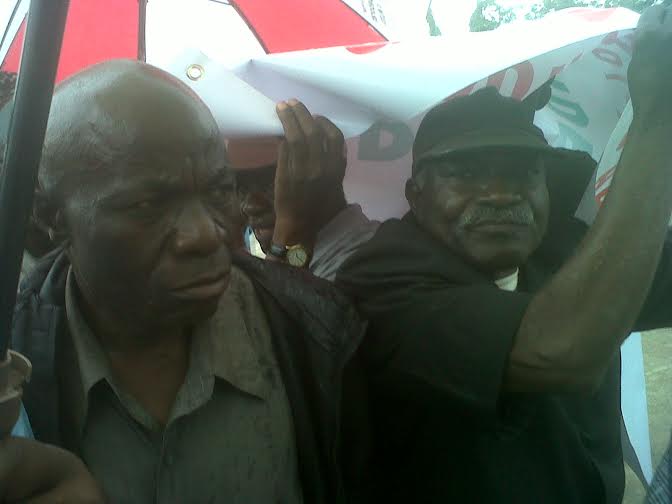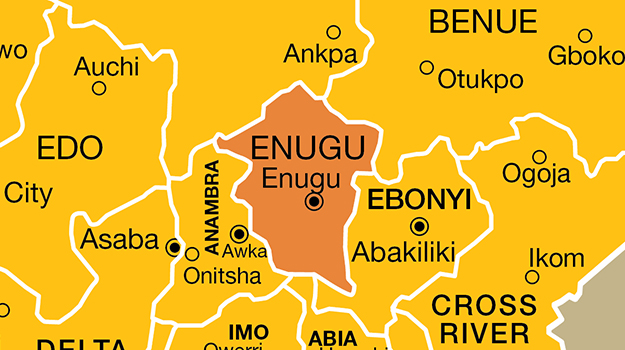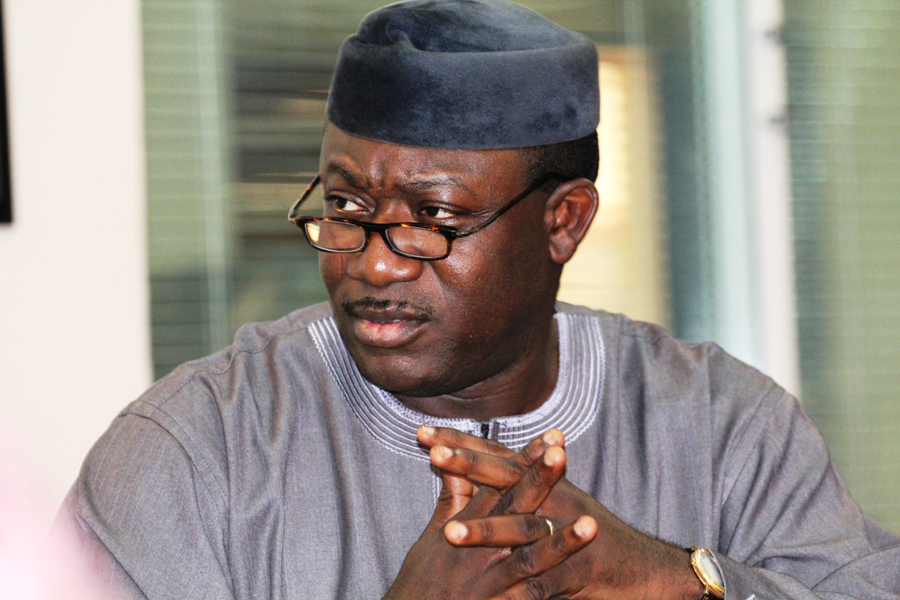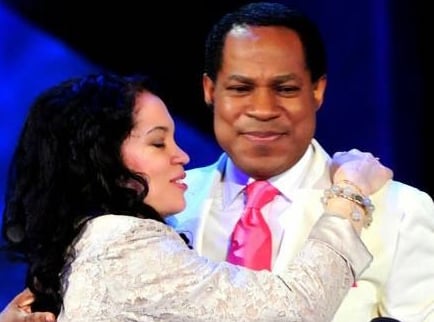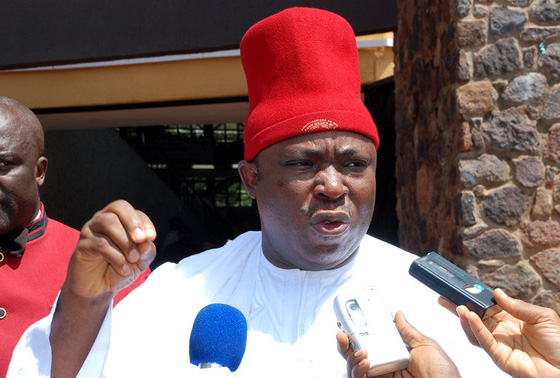Ordinarily, ex-servicemen should be accorded the highest of respect and concern, owing to their decades of sacrifice for the nation.
Some servicemen fought gallantly in the Nigeria-Biafra civil war of 1967 to 1970, with deep scars to show for it. Some have participated in peacekeeping missions in Libera, Sierra Leone and Angola.
And having served remarkably, the expectation is that the nation’s heroes would be given their due benefits, even though they deserve more than just “their benefits”.
Sadly, the reward for ex-servicemen, as it is, is protracted delay in paying their pension arrears.
Advertisement
In 2009, President Umaru Yar ‘adua approved 53.37 per cent pension increase for federal public officers, which includes military pensioners. In July 2010, the new pension rate took effect. But while federal civil servants received the new pension rate, military pensioners were excluded from the “statutory largesse”.
So, four years after the implementation of the new pension rate, military pensioners have not been done justice; they still grovel at the feet of the government, begging for their crumbs.
It is important to note that the government has made many promises that the accumulated pension arrears of ex-servicemen based on the new rate in the past four years will be paid to them, but the promises have always ended in jerky anti-climax.
Advertisement
Again, statutorily, ex-servicemen ought to receive pensions equivalent to the salaries of their colleagues in service, but this is not the case. The chasm between the pensions of ex-servicemen and the salaries of their colleagues in service is in “abysmal” proportions.
“The practical situation of the moment (up to July, 2013) remained that a retired general received a monthly pension equivalent to the current pay of a lieutenant, a retired colonel received a monthly pension equivalent to that of a serving warrant officer, a retired captain received the monthly pension equal to that of a serving corporal, and a retired private soldier received the pension that is less than one-third the pay of a serving private soldier,” Lieutenant Colonel Innocent Azubike, president of the Coalition of Aggrieved Nigerian Military Pensioners, wrote in a small book about military pensioners.
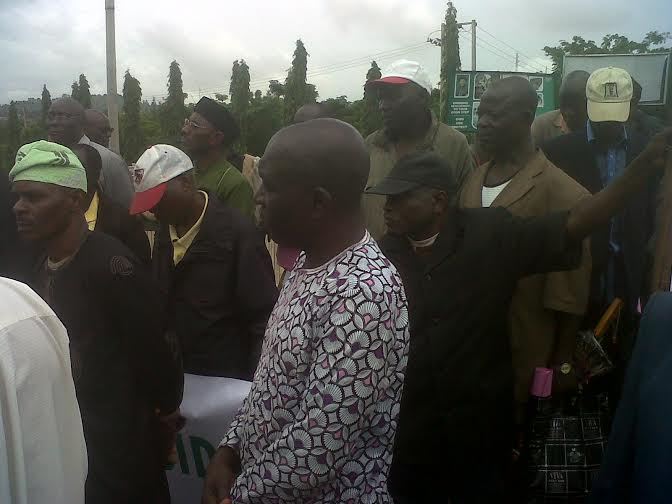 The plight of military veterans in Nigeria is gravely horrible; a sad tale of neglect and rejection.
The plight of military veterans in Nigeria is gravely horrible; a sad tale of neglect and rejection.
Staff Sergeant Labaran Sanda (retired), a 67-year-old civil war veteran, sustained wounds in the Nigeria-Biafra war. And prominent of these wounds is the one on his left shoulder, which has refused to heal.
Advertisement
“The delay in paying our pension arrears and harmonising our pensions with the salaries of colleagues in service affects me adversely. I have developed hypertension because of the way the government is treating us. I don’t have money to treat myself,” Sanda said in a quivering cadence.
“My left shoulder on which I sustained a bullet wound during the civil war is still giving me problems. Things are difficult for me. I have eight children. Although some are adults, there are still very young ones among them, and it is difficult to feed them on my meager pension.
“I get N48000 as monthly pension instead of N123,000 . My hospital bills are increasing; things are just difficult for me. If they harmonise our pensions, I will get N123,000 as monthly pension. Please, you should also know that our monthly pensions are not regular. Sometimes, they pay us once in three months.”
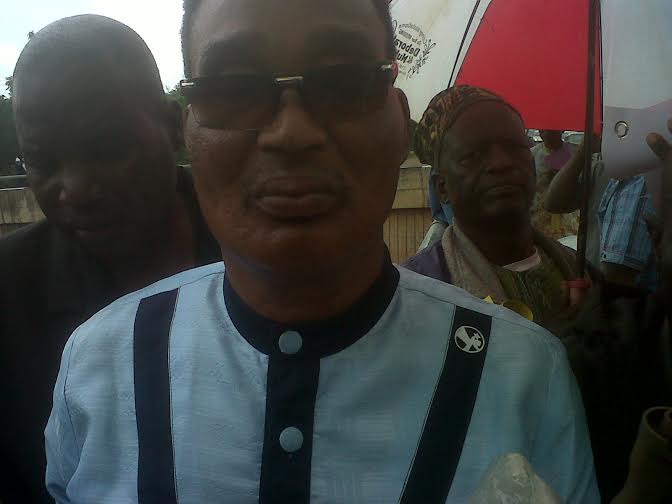 Another Civil War veteran, Master Warrant Officer Gabriel Oaikhena (retired) who is 70 years old, simply described his life and that of other military pensioners as “miserable”.
Another Civil War veteran, Master Warrant Officer Gabriel Oaikhena (retired) who is 70 years old, simply described his life and that of other military pensioners as “miserable”.
Advertisement
“I am living a miserable life. There are bullets holes all around my body, because I fought in the war. We shed blood to keep this country as one, Now nobody cares about us,” he said amid lamentations.
“I am not fine because the government is not treating us well. It is by the grace of God that I survive. Although, my children help me, they have problems of their own. So it is not easy living as an ex-serviceman.
Advertisement
“I wonder what offence we have committed. What we are asking for is simple: pay us our pension arrears and harmonise our pensions with the salaries of our colleagues who are still serving. I take medicine every day, and my medical bills are increasing. If they don’t pay us we are going to fight.”
The helplessness of Oaikhena was palpable in his statement that the all ex-servicemen would take up arms against the government if justice was not done to them. What can a 70-year-old man do?
Advertisement
“The people who died are better than us”, he said in a final note of helplessness.
For Corporal Anthony Garba (retired) who served in the army for 13 years and retired at the age of 30, there is hope because he is not old and tired. However, he admitted that the government was treating military pensioners unfairly.
Advertisement
“There are many challenges the failure to pay our pension arrears is bringing our way. Although, I do not depend on the government, what affects my fellow military pensioners affects me,” he said.
“The mistake we made was that we took up arms legally. If we had taken up arms illegally, the government would have answered us.”
Captain Chukwudi Donatus Robert (retired) shared the sentiments of his colleagues.
“I am suffering. My children are out of school. This is a common problem with military pensioners. They cannot pay children’s school fees or take them to hospital when they are sick. They are being treated as slaves after sacrificing for the nation,” he blurted.
“The morale of those who are still serving in the military is low because they see how the government is treating us. They know the same fate will befall them when they retire.”
The 55-year-old father of two children said the fight against insecurity in the country would be unsuccessful if the government does not take care of ex-servicemen.
“The young ones are watching,” he submitted succinctly.
Lieutenant Colonel Innocent Azubike (retired), Economic Community of West African States Monitoring Group (ECOMOG) veteran who established the Nigeria Army Counter-terrorism Training School at Jaji, described the pensions of ex-servicemen as “house-servant fees”.
“The sacrifices of retired soldiers compared with what is given to them as pension is mere house-servant fee,” he said in a somber release.
“There are no provisions for disabled veterans. Veterans are dying in pain and treated as slaves. The government keeps making promises, but at the end of the day, nothing happens.”
Efforts to get the Military Pensions Board to comment on the issue were unsuccessful.
Add a comment

